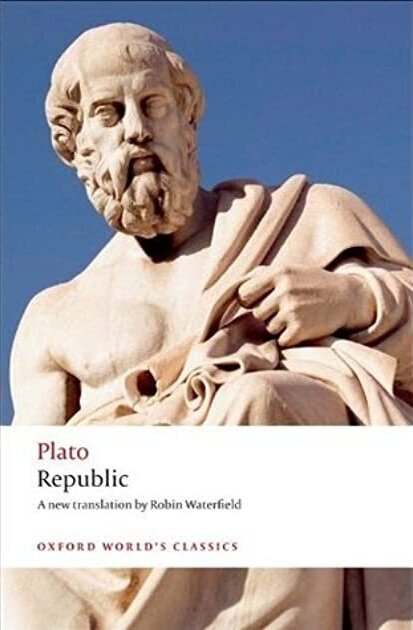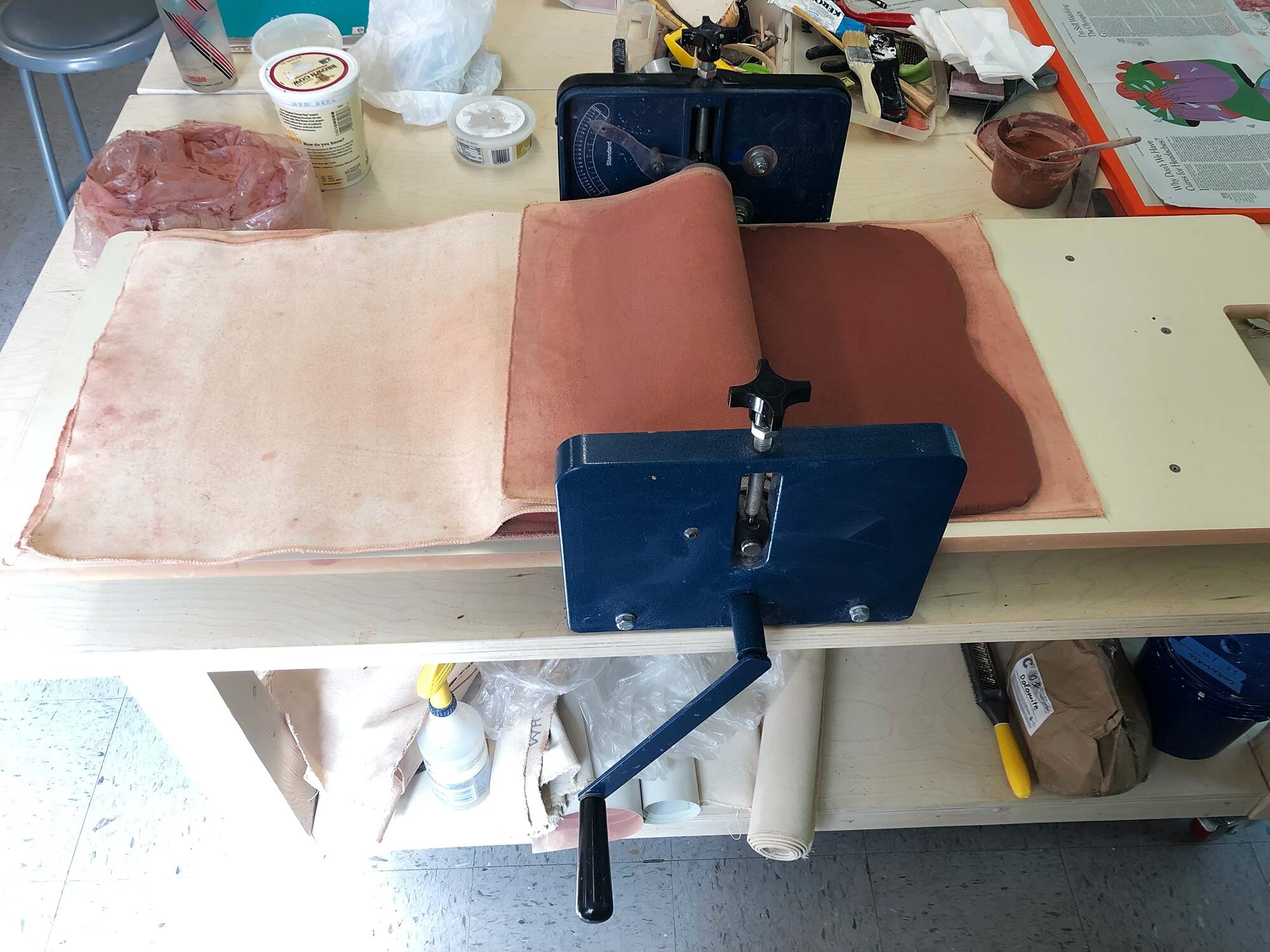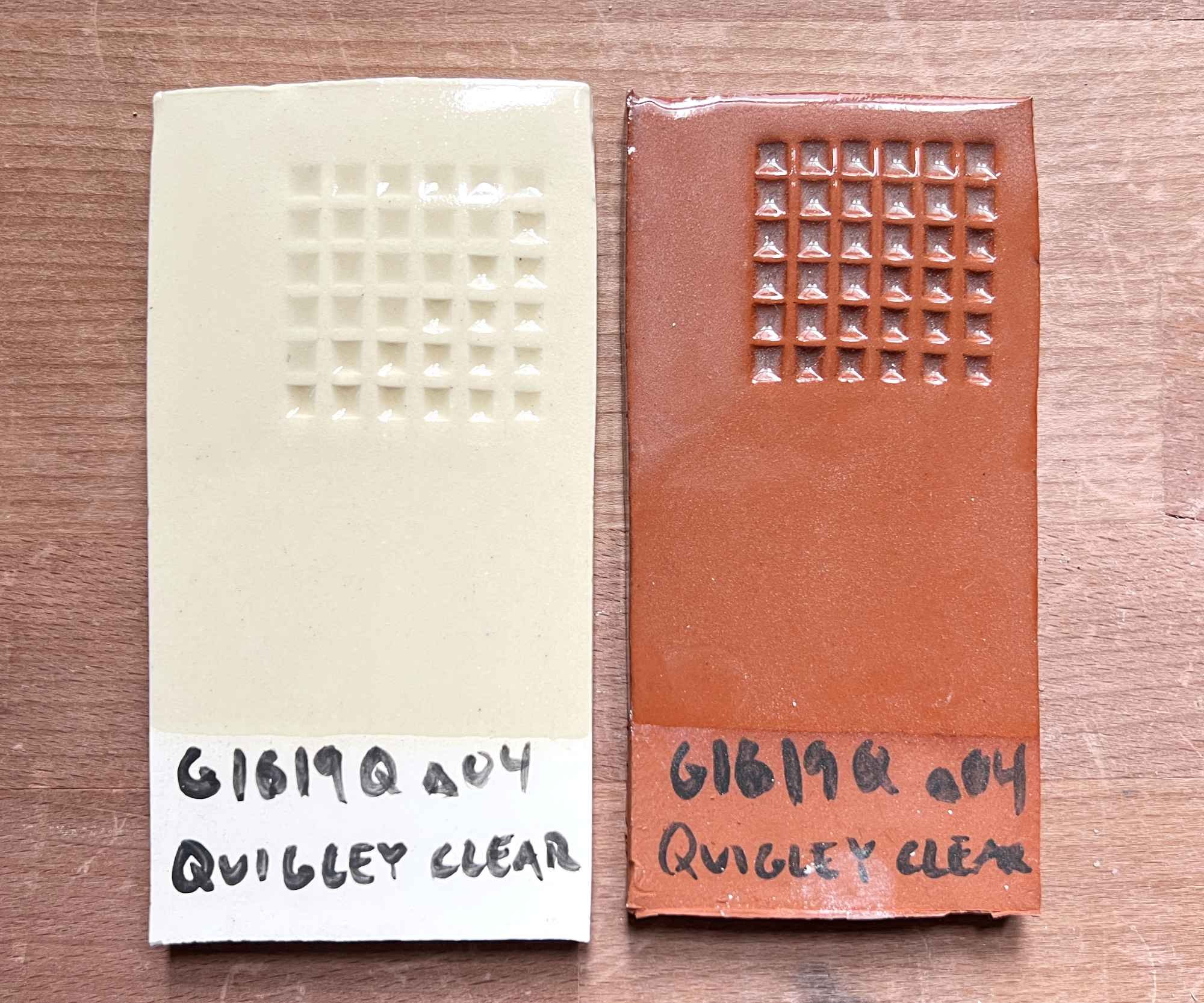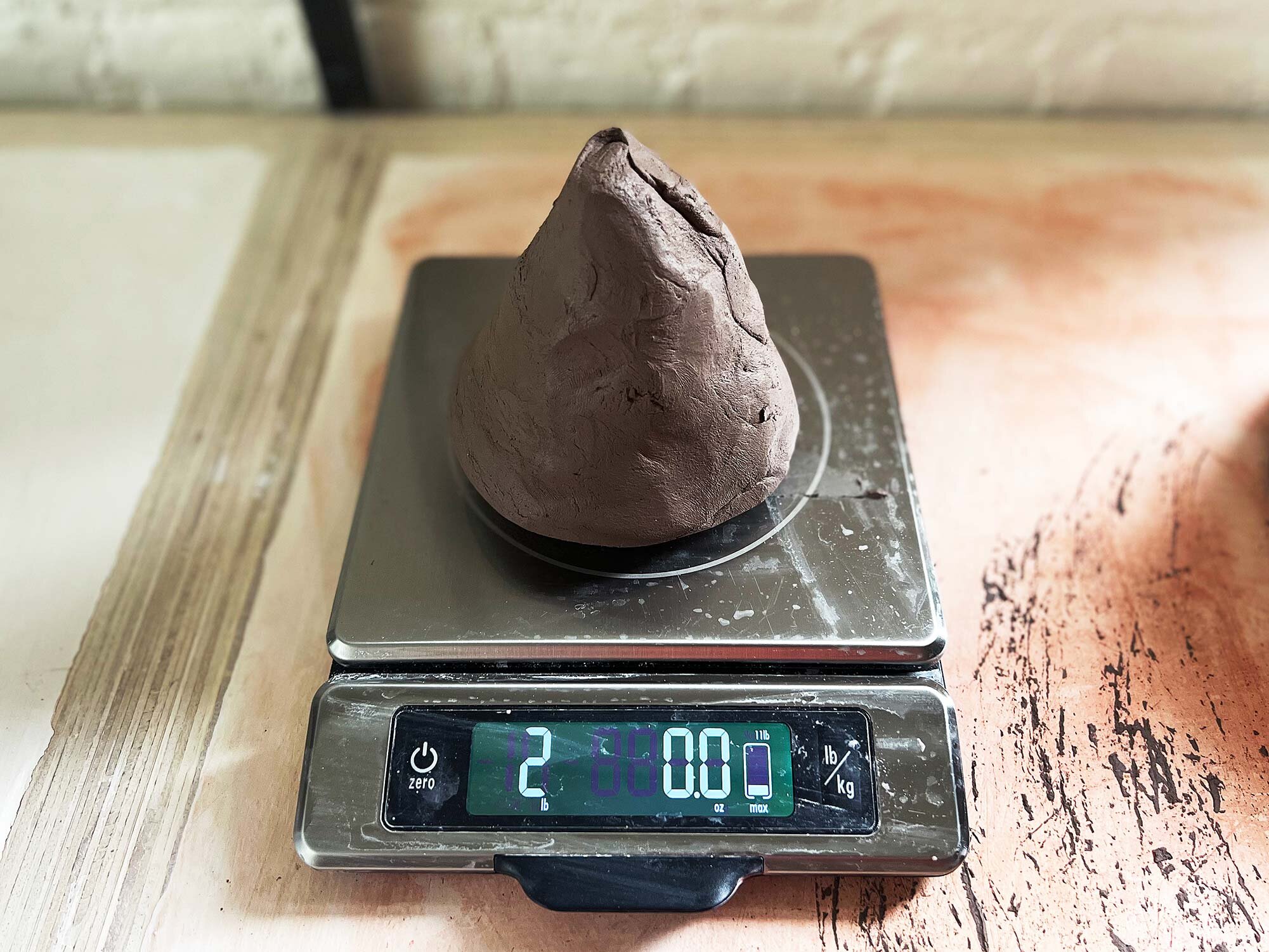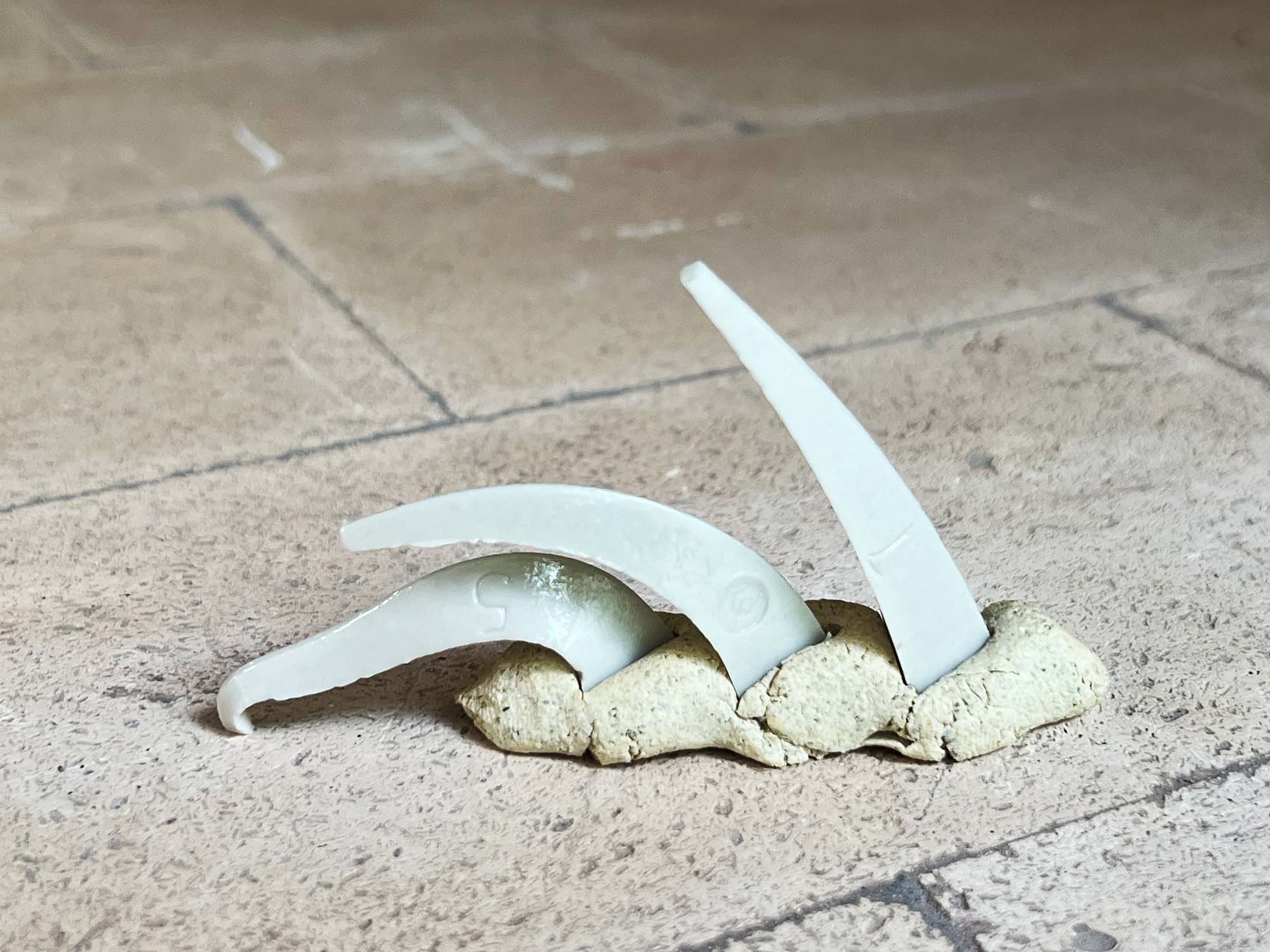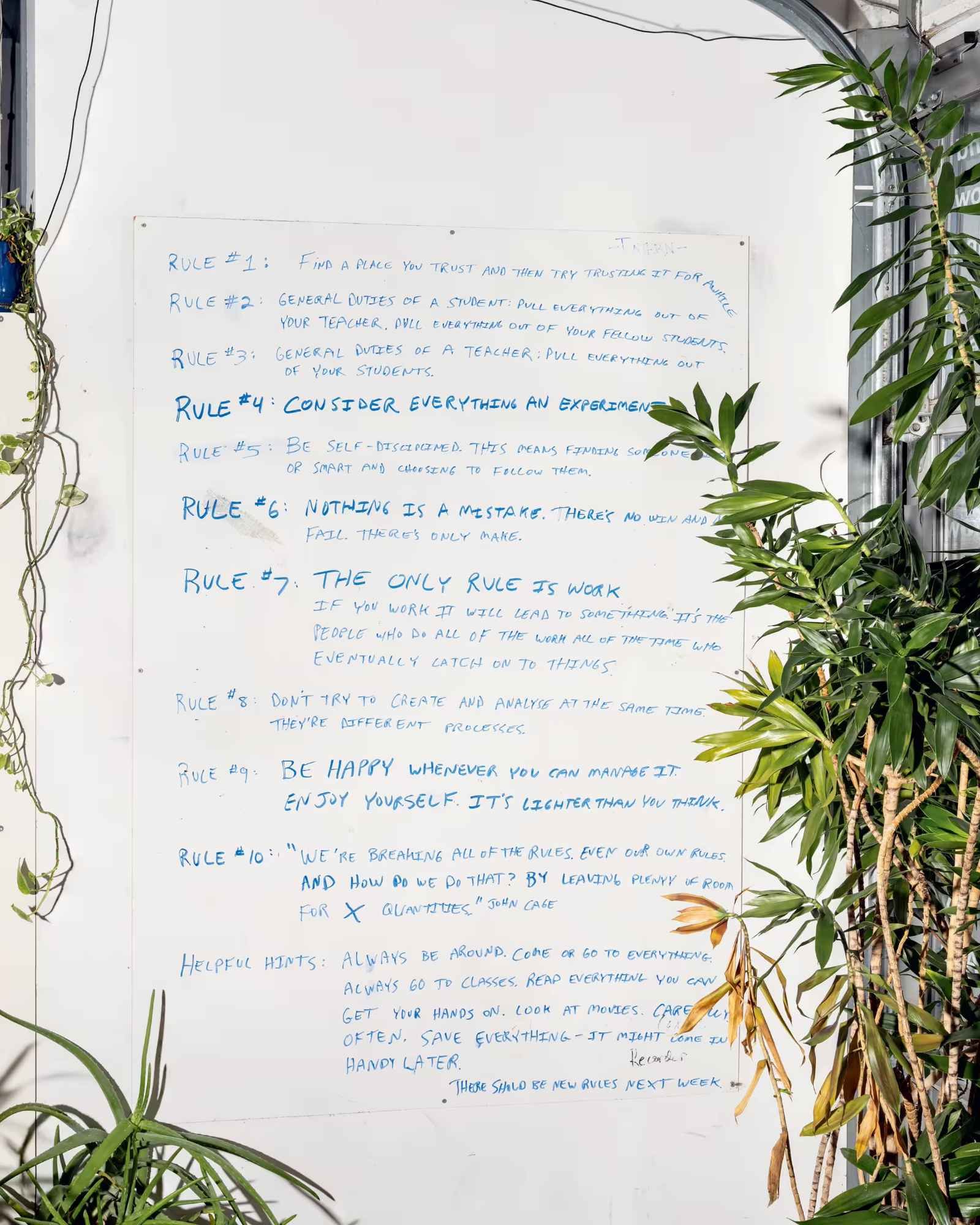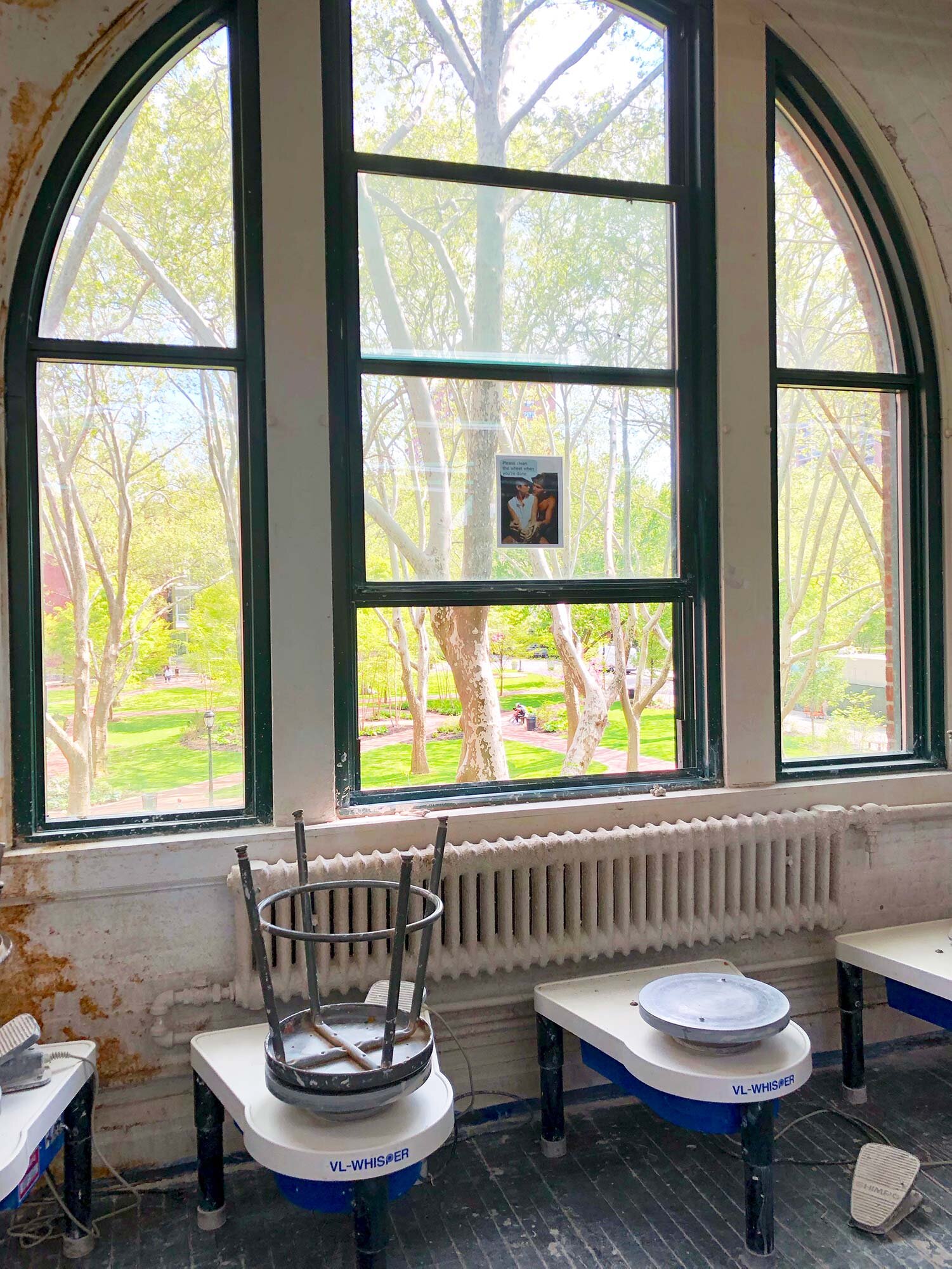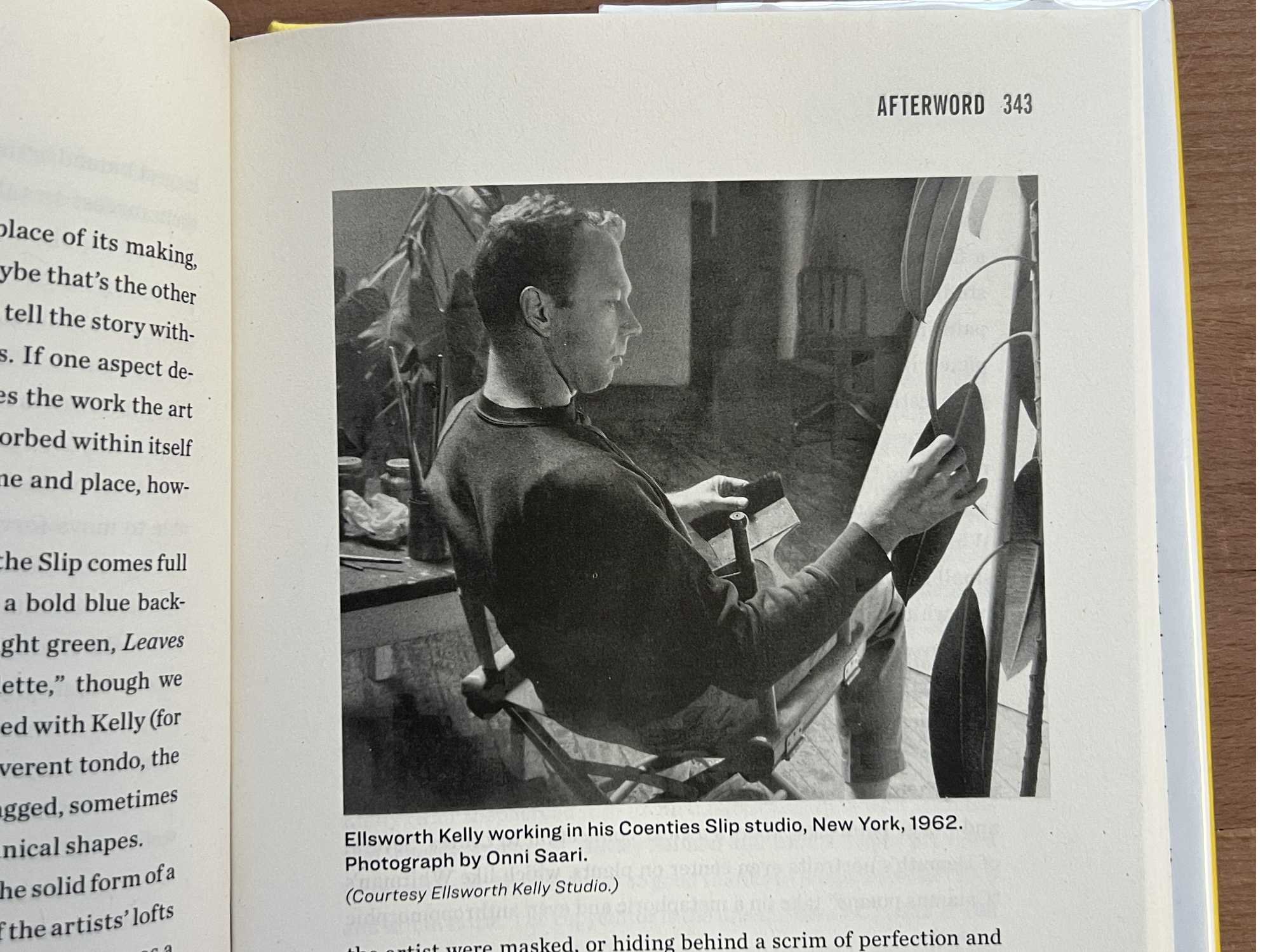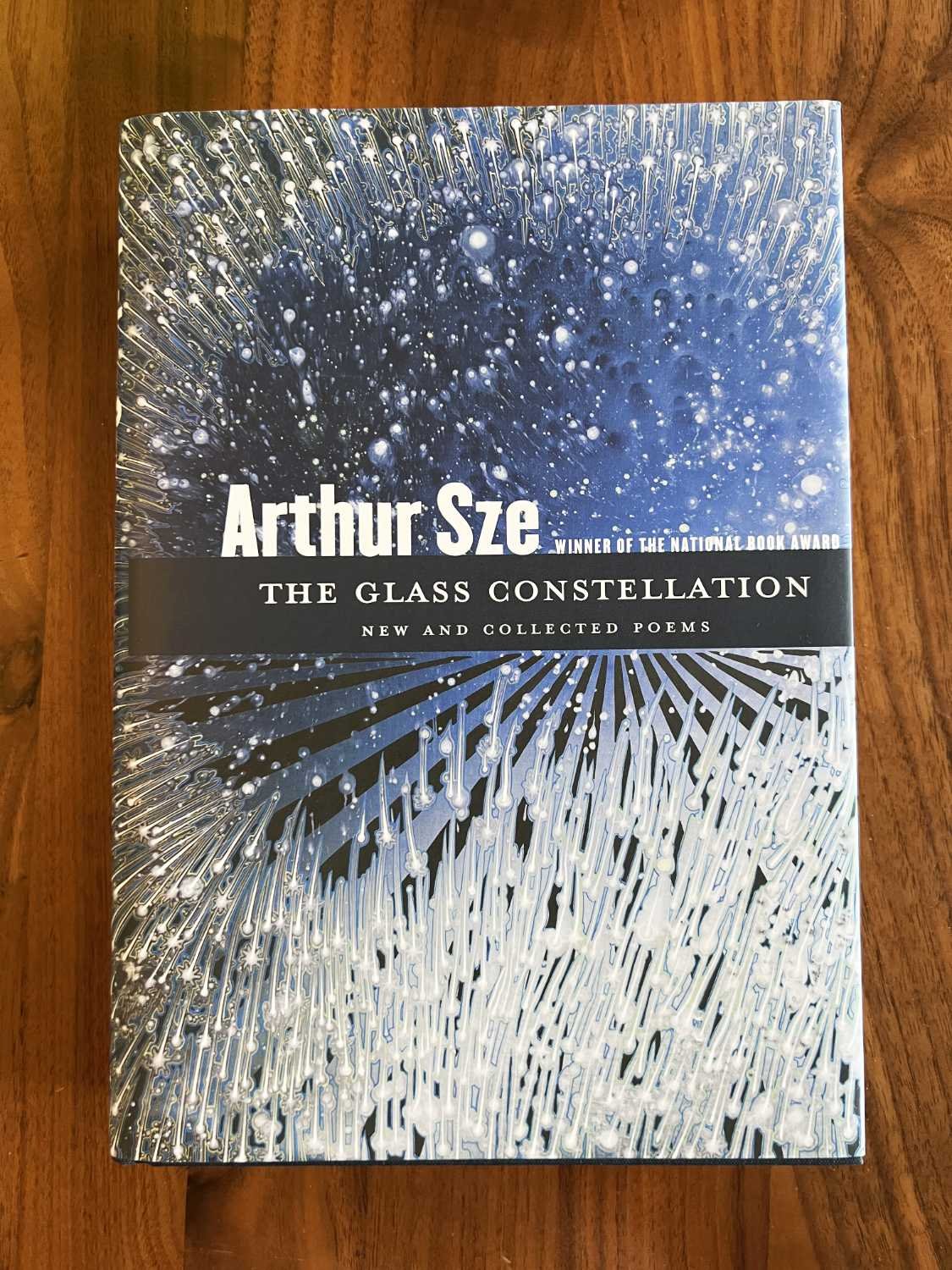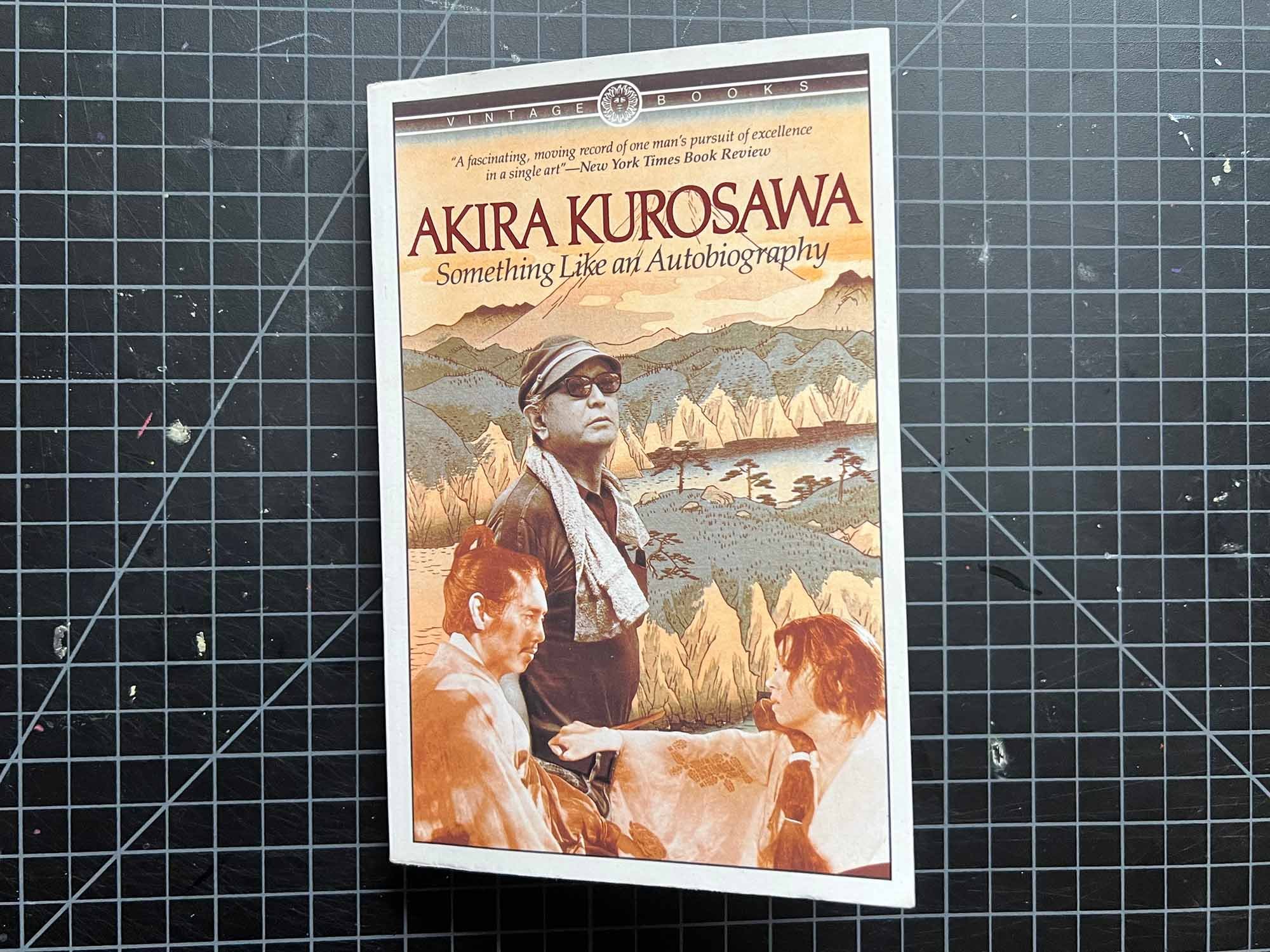In Chapter 5 of Plato’s Republic, ‘The Guardians’ Life and Duties,’ the philosopher outlines the roles of three classes in society: guardians, auxiliaries, and workers. The workers are divided into castes and Plato believes there is little room for change in the castes. The goal, as Plato puts it, was to form “a community which is happy as a whole” without making just a few members of the community happy. Thus, everyone had a role to play but they had to stay in their role and place in society.
Here’s what he had to say about potters, from Robin Waterfield’s 1993 translation (419d-e, 421a). Bold text my own:
‘Suppose we were painting a statue and someone came up and criticized us for not using the most beautiful paint for the creature’s most beautiful features, because the eyes are the most beautiful part and they hadn’t been painted purple but black. It would be perfectly reasonable, in our opinion, for us to reply to this critic by saying, “My dear chap, you can’t expect us to paint beautiful eyes in a way which stops them looking like eyes, or to do that to the other parts of the body either. Don’t you think that if we treat every single part in an appropriate fashion we’re making the creature as a whole beautiful?
Likewise, in the present case, please don’t force us to graft the sort of happiness on to the guardians which will make them anything but guardians. You see, we know we could dress our farmers in soft clothes and golden jewelry and tell them to work the land only when they have a mind to, and we know we could have our potters lie basking in their kiln-fire’s warmth on a formal arrangement of couches, drinking and feasting with their wheel beside them as a table, and doing pottery only as much as they feel like, and we know we could make everyone else happy in this sort of way, and so have a community which was happy overall; but please don’t advise us to do so, because if we follow your recommendation, then our farmers won’t be farmers and our potters won’t be potters and no one else will retain that aspect of himself which is a constituent of a community.
Now, this isn’t so important where the rest of the community is concerned. I mean, if cobblers go to the bad and degenerate and pretend to be other than what they are, it’s not catastrophic for a community; but if the people who guard a community and its laws ignore their essence and start to pose, then obviously they’re utterly destroying the community, despite the fact that its good management and happiness are crucially in their hands and their hands alone.”
‘Now, if we’re creating genuine guardians, who can hardly harm their community, and the originator of that other idea is talking about a certain kind of farmer and people who are, as it were, happy to fill their stomachs on holiday, but aren’t members of a community, then he’s not talking about a community, but something else. What we have to consider is whether our intention in putting the guardians in place is to maximize their happiness, or whether we ought to make the happiness of the community as a whole our goal and should, by fair means and foul, convince these auxiliaries and guardians that their task is to ensure that they, and everyone else as well, are the best at their own jobs. Then, when the community as a whole is flourishing and rests on a fine foundation, we can take it for granted that every group within it will find happiness according to its nature.”
Hmmm, I would have to say that lounging on couches by the warmth of the kiln sounds pretty nice! But it doesn’t exactly match up with the role that Plato envisions for potters and other workers.
What do you think?
Republic by Plato, translation by Robin Waterfield, 1993
Click here to read more about books, podcasts, videos and other sources of inspiration in the studio.
